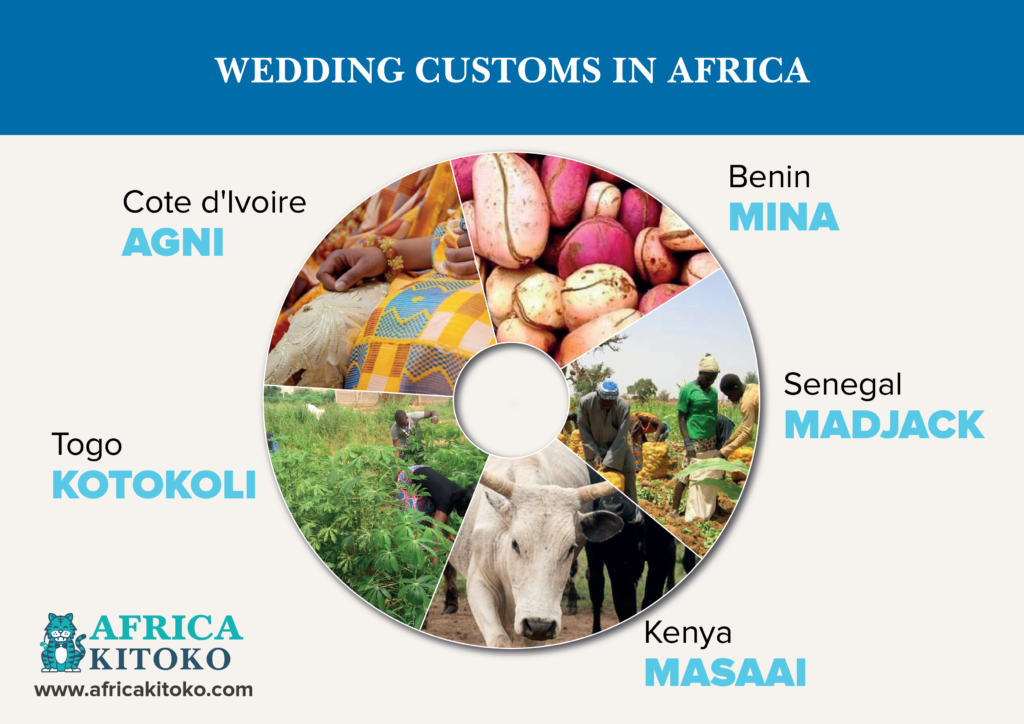
There are customs which cross the centuries. The dowry is still often essential. Paid by the fiancé, it makes it possible to seal the union between two families. And remains highly codified.
The dowry at Masaai in Kenya
Among the Maasai, as a dowry, the girl’s parents receive heads of cattle, the number of which is equivalent to the value of their offspring.
The dowry among the Kotokoli in Togo
The dowry is made by providing services to the Kotokoli « the pretender is required to perform various tasks requiring physical strength, such as field work, building huts etc. «
Among the Kotokoli of Sokodè, « the fiance who cultivates with his friends
and all the young people of the village invited on this occasion, do not eat since morning
until nightfall, he drinks only the water that his fiancée brings him; on the other hand and
as much as possible, he should never be outdone by other young people during this working day. » This type of dowry allows you to check the qualities of the future spouse,
essentially his qualities to nourish his future wife or more exactly his obligation
food towards it.
The dowry among the Madjack in Senegal
The fiancé must come to help his future stepfather to cultivate at least three consecutive years. And on the day of the wedding, her dowry was thus settled in the form of work, a sign of agreement and peace between the clans.
The dowry among the Agnis in Côte d’Ivoire
First there is the « KôKôkô » which corresponds to the presentation ceremony of the pretender to the future parents-in-law. The « Kôkô » is nothing more than the onomatopoeia supposed to represent the sound produced when someone knocks on a door before entering a house. The girl’s family is therefore asked for permission to allow the alleged fiancé to come and visit her. On this occasion, a bottle of liquor is offered, it is generally a bottle of Gin plus the sum of 8000fr.
Then is paid the request for the girl’s hand (assi ndra): 12,000 Fr
The wedding itself: 2 large bottles of gin + 24,000 F;
Share of parents-in-law: salt + drink: 2,000 F; tobacco: 6,000 F
Specific gift for in-laws: 24,000 F
Part of the notable presiding over the ceremony: 1 bottle of gin + 3,000 F.
From the father who doesn’t take alcohol: 4 bottles of lemonade «
The dowry among the minas in Benin
« Among the » mina « in Benin, these include » evi « , » ahoé « and » atakoun « ». Once the dowry has been accepted by the family after approval by the paternal aunts, these colas and spices cut into small pieces are shared among all those who participated in the dowry ceremony. They are consumed on the spot as a sign of acceptance of the dowry. This is explained by the fact that « sharing a cola nut is the very symbol of a sincere friendship that requires respect for the word given »



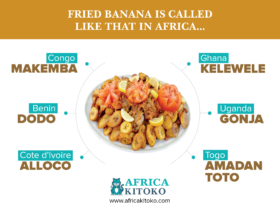
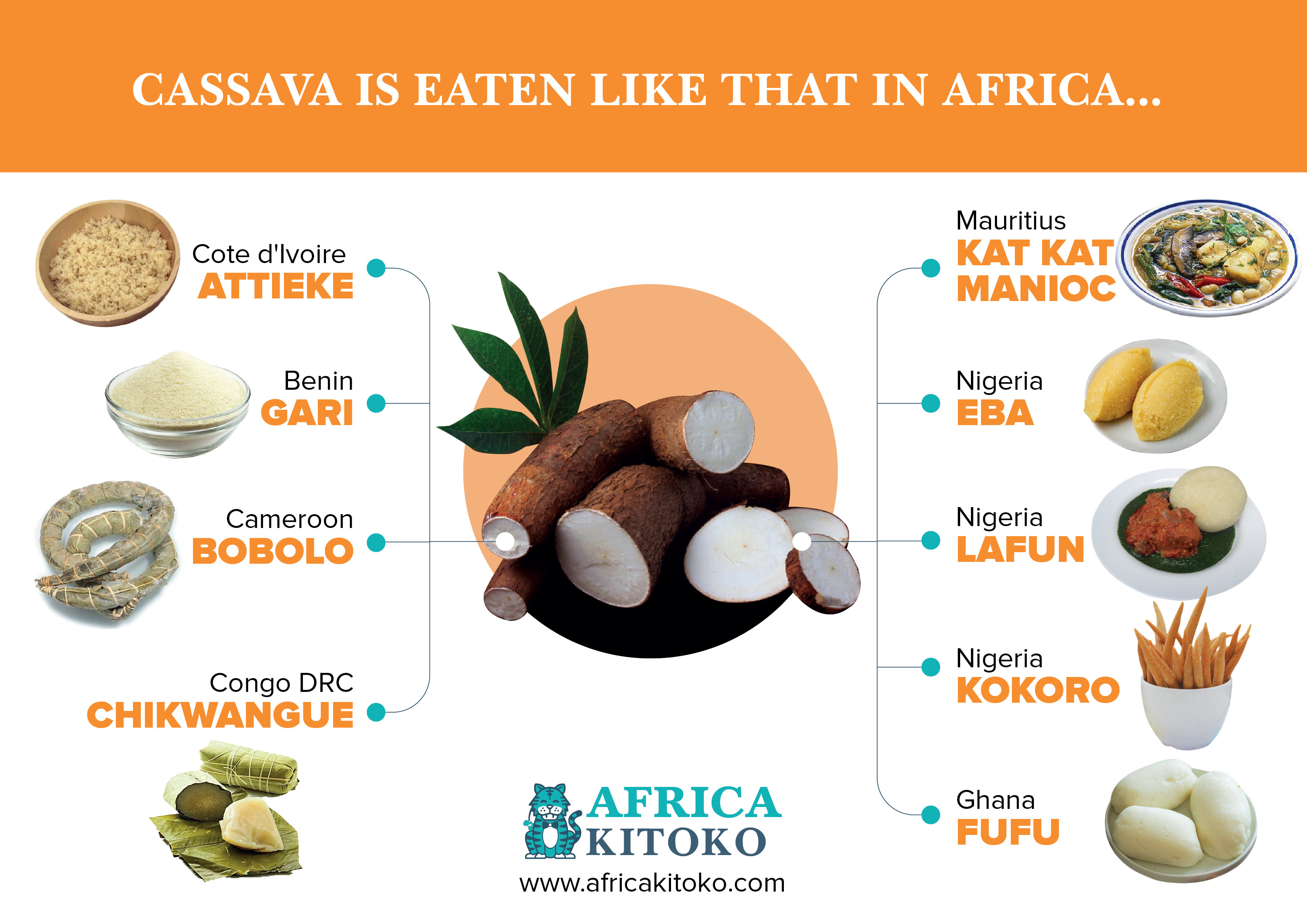
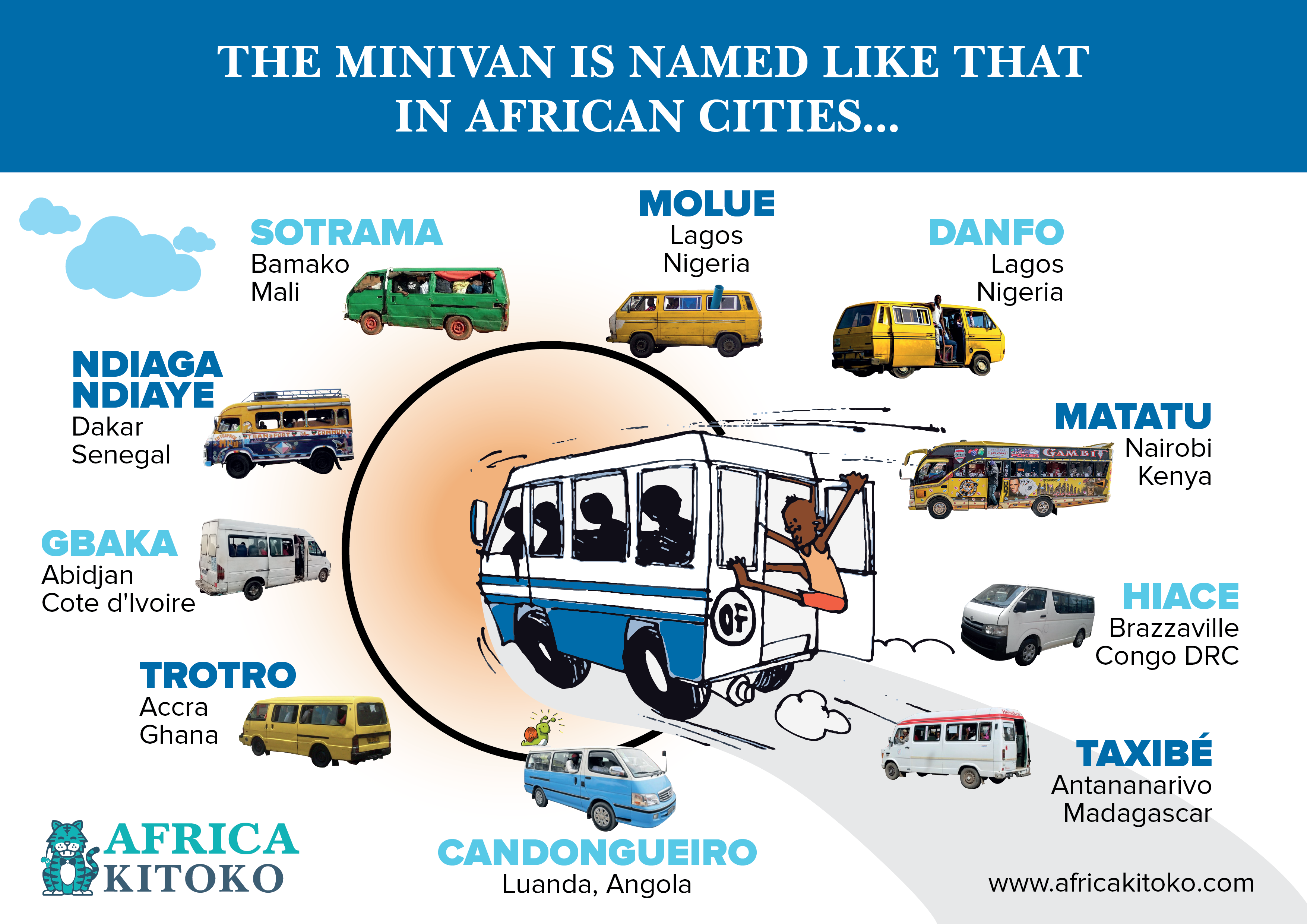

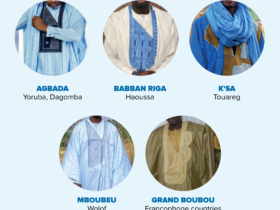
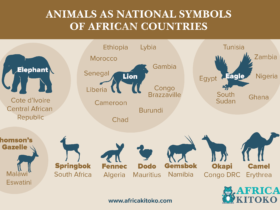
Leave a Reply
View Comments